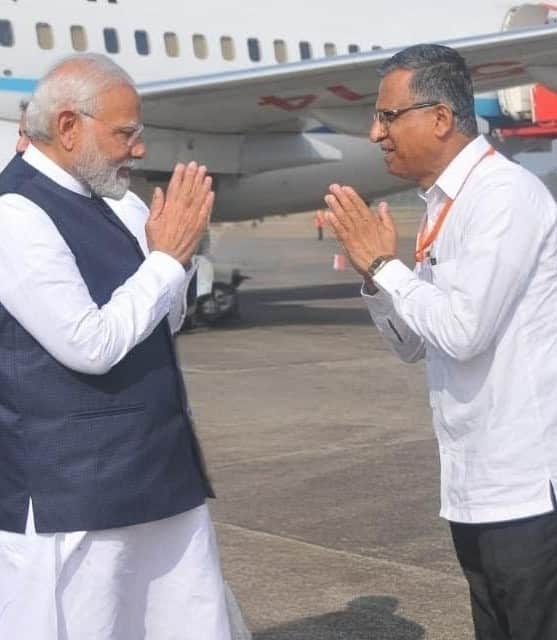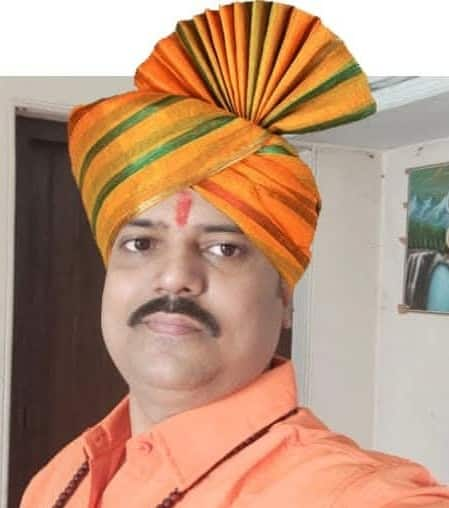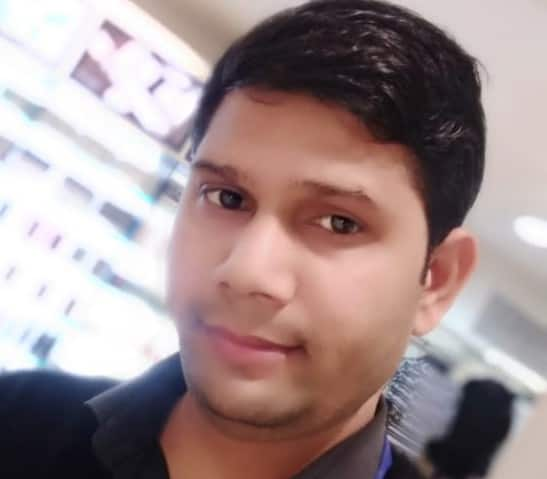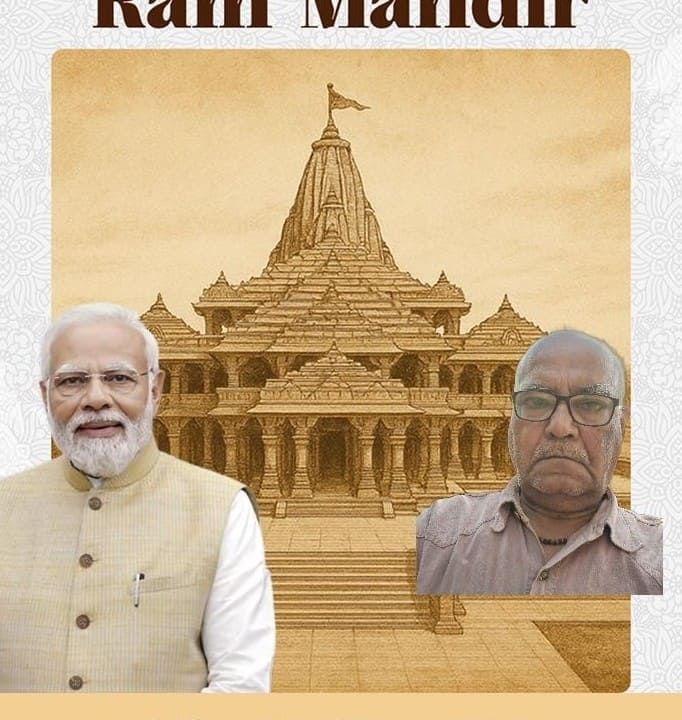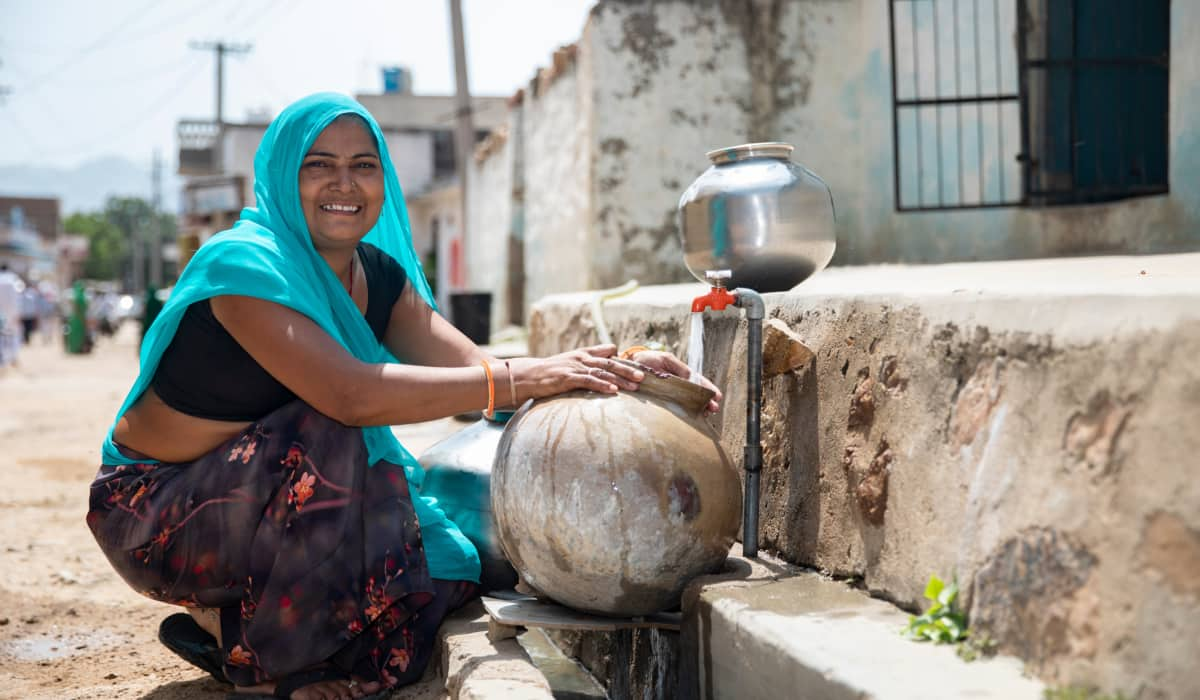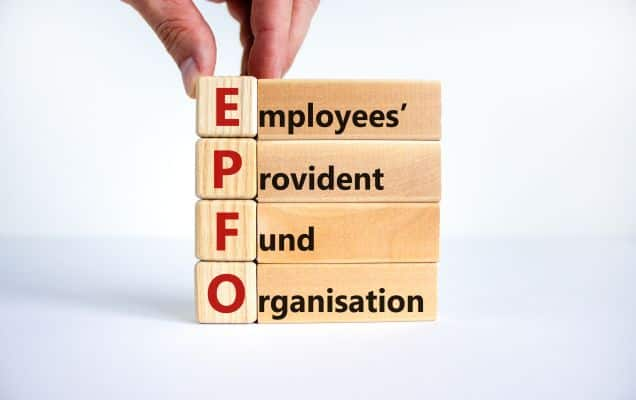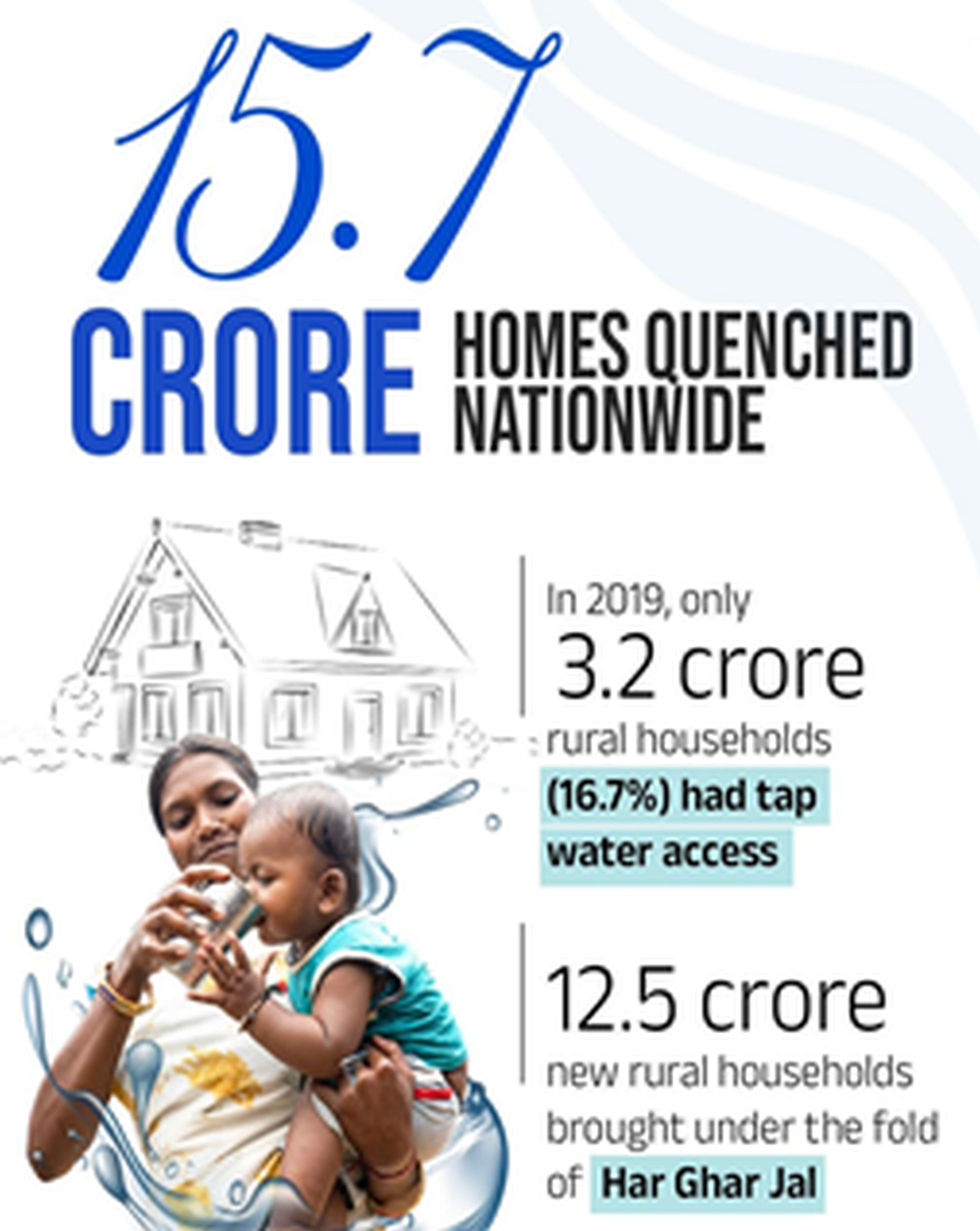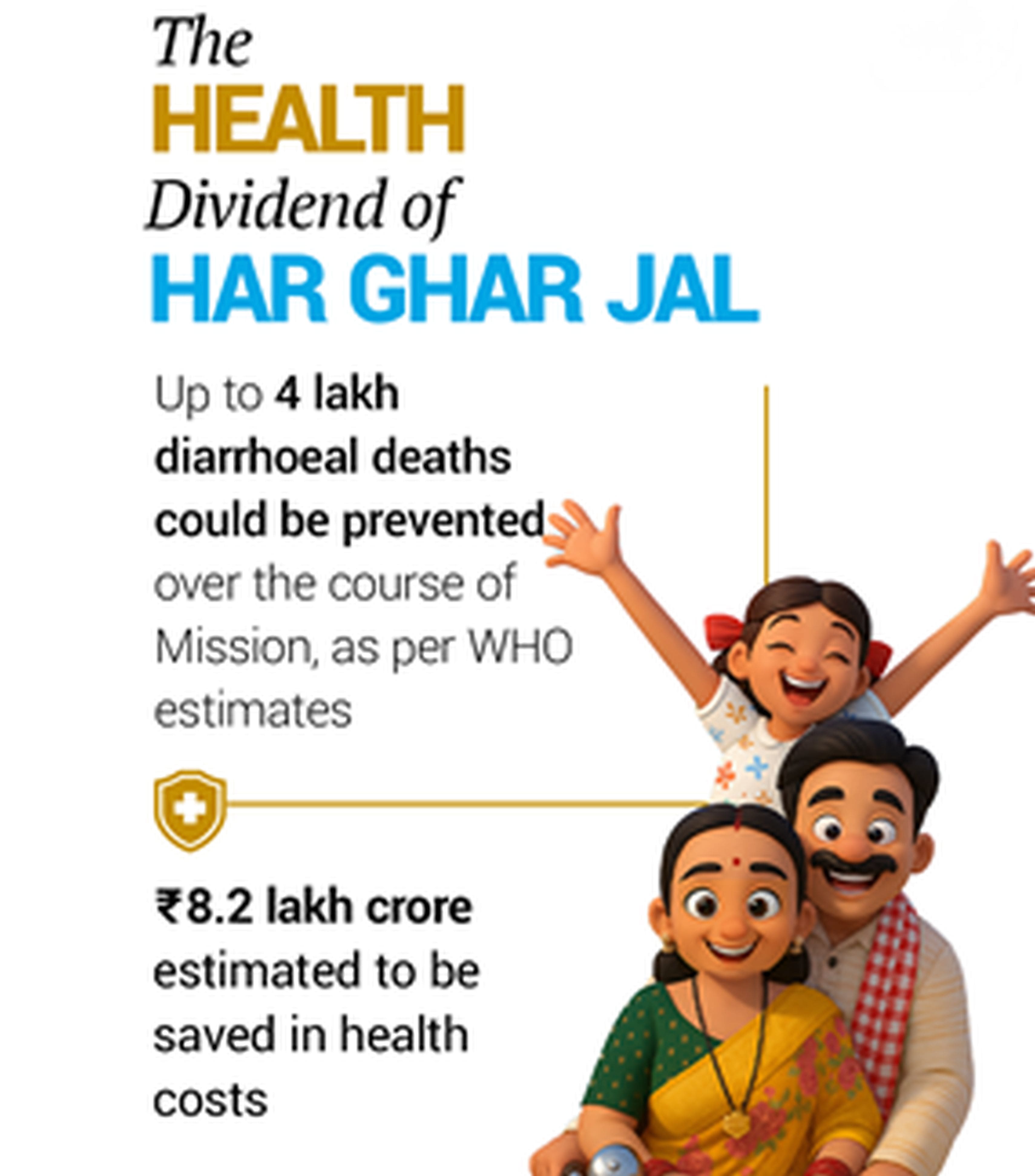“Whatever happened in Sandeshkhali is a matter of shame. The storm of Sandeshkhali will reach every part of West Bengal.”
- PM Modi while addressing a public gathering in Arambagh, West Bengal (March 1, 2024)
Sandeshkhali, a village in the North 24 Parganas district of West Bengal, has been in news for violence and protests by local women as they raised allegations of systemic sexual abuse and land grabbing against the local Trinamool Congress leader Sheikh Shahjahan and his aides.
The village lies within the Sundarbans, a shared territory of India and Bangladesh, notorious for illegal trafficking in people, goods, cash, and animals.
Sandeshkhali grabbed attention after an attack on ED officials who had gone to raid Sheikh Shahjahan over a ration scam allegation. After having evaded authorities for nearly two months, Shahjahan was arrested amidst rising political tensions, and is currently in CBI custody. Villagers in Sandeshkhali celebrated this development by distributing sweets even as women played with gulal in their show of collective solidarity. The Bhartiya Janta Party has fielded Rekha Patra, one of the victim of Sandeshkhali as a candidate from Basirhat Lok Sabha seat. She has emerged as face fighting for the dignity of women. PM Modi in telephonic conversation called her as ‘Shakti Swaroopa.’
The turmoil in Sandeshkhali revolves around disturbing allegations against Shahjahan. Local women accuse him and his 'gang' of ongoing sexual harassment and forcible land grabs from indigenous tribes.
Accusations of molestation and rape perpetrated by members and supporters of the Trinamool party had become widespread, creating an epidemic of fear that prevented anyone from raising their voice in protest.
Disturbing reports have emerged detailing instances where women, both married and unmarried, were coerced into attending 'party meetings' late in the evening.
It is alleged that Trinamool cadres would forcibly take women from their homes during the late evening hours, subjecting them to fulfill the sexual desires of party functionaries and activists. The helpless residents of Sandeshkhali were compelled to endure these appalling atrocities.
The women in the region protested, demanding the arrest of fugitive Sheikh Shahjahan. Meanwhile, the West Bengal government remained silent, ignoring the pleas of both women and tribals.
The arrest took place after the Calcutta High Court came down heavily on the state government over the situation. The court said that Shahjahan "cannot be on the run" and the "state cannot support" him.
The government’s defence of Sheikh Shahjahan in the West Bengal Assembly reached new levels of hard-heartedness. The chief minister has been quoted saying, "First, they entered the area and targeted Sheikh Shahjahan through ED and then they started the trouble thereby getting people in." Despite knowledge of Shahjahan's actions in Sandeshkhali, the chief minister blamed the BJP-RSS and provided a clean chit, making a humanitarian crisis into a political spectacle.
Before the eruption of violence in Sandeshkhali, Sheikh Shahjahan's background is marked by a litany of atrocious acts and nefarious deeds. People belonging to the region believe that he has Bangladeshi origins. He has been involved in all kinds of crimes since his early days, most being land grabbing – either by force or money, occupying farming land, grabbing ponds from the locals forcefully, and then taking money from them in return to allow for fishing, taking land from the locals on lease and then refusing to pay the money to the landowners. All this became possible as he has been favoured by the state government all this while. Sheikh, and his two close associates — Shiboprasad Hazra and Uttam Sardar — are accused of forcibly taking over more than an estimated 5000 bighas (3095 acres) of land and converting them into fish ponds (called bheries in Bengal). Both of his associates have been arrested.
Media, often considered the fourth pillar of democracy, is being silenced in West Bengal. A Bangla journalist from a prominent TV channel was detained by the state police. Denied access to public transport, the journalist stood for hours before being physically dragged away without notice. There is video footage that shows the journalist being forcibly removed from the protest scene. Similarly, attempts have been made to silence the opposition in the state. There have been incidences of arrests of local opposition leaders when they tried to reach out to the victims in Sandeshkhali.
‘There is something rotten in the state of Denmark’ are the famous lines in Hamlet indicating a complete breakdown of the state machinery and so is the case with this state. It will not be wrong to to say ‘there is something rotten in the state of Trinamool ruled West Bengal’ and the women waits for justice.








